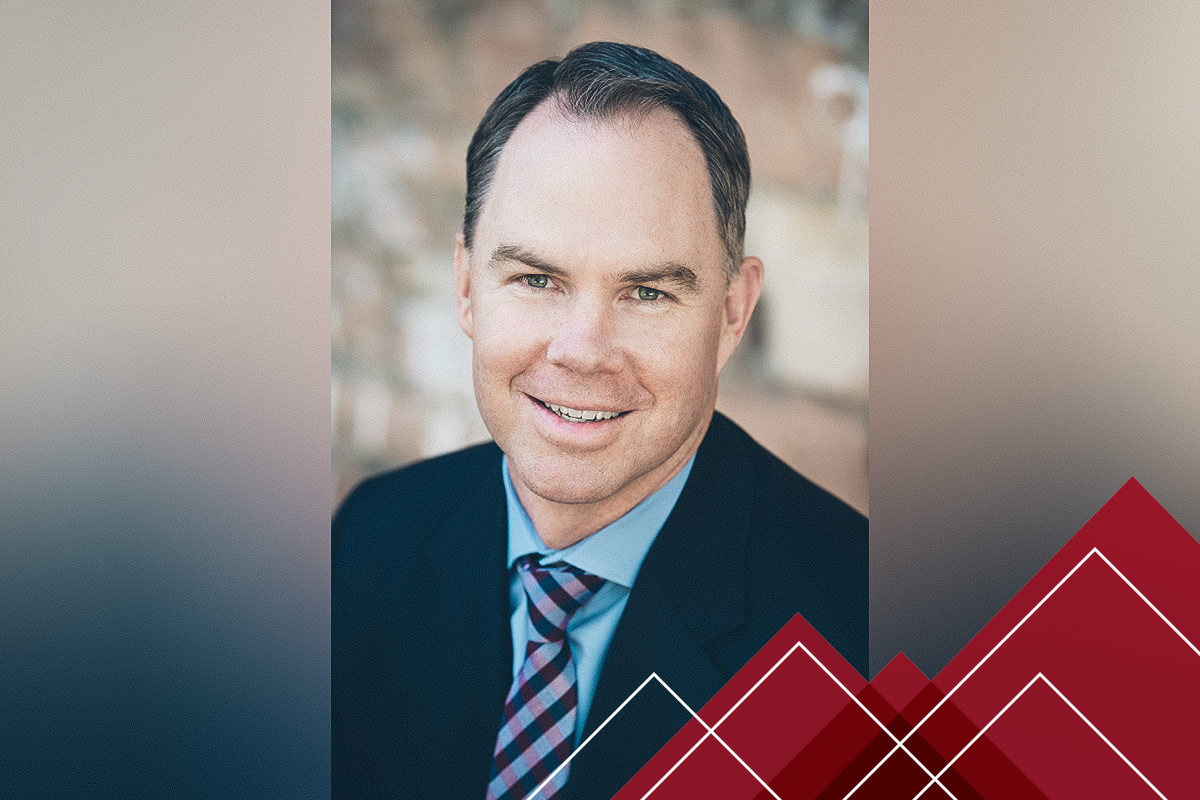
7 Retirement Myths Exposed
Take a moment to envision what you want your retirement to look like. Is your dream to travel more? Work on hobbies you haven’t been able to fit into your schedule? Or maybe you just want to spend quality time with your grandchildren. Whatever your ideal retirement looks like, dealing with financial challenges probably isn’t part of it.
To avoid these challenges, you’ll need a thorough retirement plan. Base your plan on accurate information so you don’t miss out on any benefits and revisit it at least annually—to make sure you’re still on track. To help you sort everything out, we’re dispelling seven common retirement myths.
-
Myth: “I’m too young to worry about saving for retirement.”
Although your retirement may feel like it’s light years away, it should always be a priority. Why? Because of a little thing called compound interest, which is essentially interest on your interest. The earlier you contribute to a retirement account, the longer it has to earn.
Here’s an example: Ethan and Luke are the same age and earn the same 7% on their retirement investment. Ethan saves $1,000 per month for 10 years, starting at the age of 25. When he turns 35, he stops making contributions and lets his money earn interest until he retires at 65. Luke saves the same amount each month but doesn’t start investing until he is 35, contributing until he is 45.
When they turn 65, Ethan and Luke have both invested the same amount—$120,000 over a 10-year period. However, because of the magic of compound interest, Ethan’s money had an additional decade to grow and he ends up with a balance of $1,444,969, while Luke has only $734,549.
-
Myth: “I won’t receive any Social Security.”
For many Americans, Social Security is the foundation of retirement planning because of its role as steady income for the rest of your life. However, if you’re a little skeptical about Social Security being available when you’re ready to retire, you’re not alone. In a recent Gallup poll, 51% of non-retirees doubt they will receive Social Security. The good news is that the Social Security Administration still believes they will be able to pay around 75% of benefits until at least 2092, if there are no changes in the laws.
Although Social Security will most likely continue to provide a consistent flow of income, it probably won’t cover all your expenses. Plan to save more with a 401(k) (especially if your employer matches your contributions) or an IRA, if you’re self-employed.
-
Myth: “I have to get out of debt before I start saving for retirement.”
For many people, existing debt is a very real obstacle to saving for retirement. Although your first instinct may be to put extra money toward debt, this may not be the best option.
If you have high-interest debt, you should first try to refinance to a lower rate. If that isn’t possible, concentrate the bulk of your money to paying it down, while still contributing something (even a small amount) to your retirement account. If, however, your debt has a fairly low interest rate, you’ll get more for your money by contributing to your retirement now—especially if you get matching funds from your company—while making lower debt payments. Make sure you’re paying at least the minimum payment every month.
Our advice will always be to start saving for retirement as early as possible (see the information about compound interest above). But paying off your debt is important, too. This is where meeting with a financial expert can be beneficial.
-
Myth: “It’s too late for me to start saving.”
If you didn’t save in your younger years—don’t stress! There are still ways to make the most of your pre-retirement years. Take advantage of catch-up-contributions from the IRS and contribute every cent you can to your company’s 401(k) matching plan. Open a Traditional or Roth IRA account to contribute even more. It's never too late to start planning for your retirement.
-
Myth: “Everyone needs to have at least $1.5 million saved before they can retire.”
Contrary to what you may have heard in the media, planning for retirement isn’t about meeting an arbitrary savings goal. It’s about having enough money to maintain your expenses and desired lifestyle. The amount of money you need to save is dependent on how much you plan to spend during those years. So, if your amount is different than someone else’s—don’t worry! Retirement is specific to each individual.
-
Myth: “People spend less when they retire.”
Going back to the point above—retirement looks different to everyone. While some retirees won’t have as many expenses, like mortgage payments, work-related expenses or car payments, others may. And there are myriad other costs that come along with retirement—think long- and short-term health care costs and leisure activities. Many people end up spending a comparable amount of money in retirement as they did when they were working.
-
Myth: “My life insurance doesn’t have anything to do with my retirement.”
A whole life insurance policy has the potential to be a great addition to your retirement income. Regardless of what happens to the market, the cash value of your whole life insurance will continue to grow. You may even be able to take additional investment risks because your life insurance cash value can help you ride out a down market. Some whole life insurance policies even allow you to use part of your death benefit to pay for long-term care expenses.
Are you ready to take the next step in planning for your retirement? Schedule an appointment today.
Schedule an appointment

